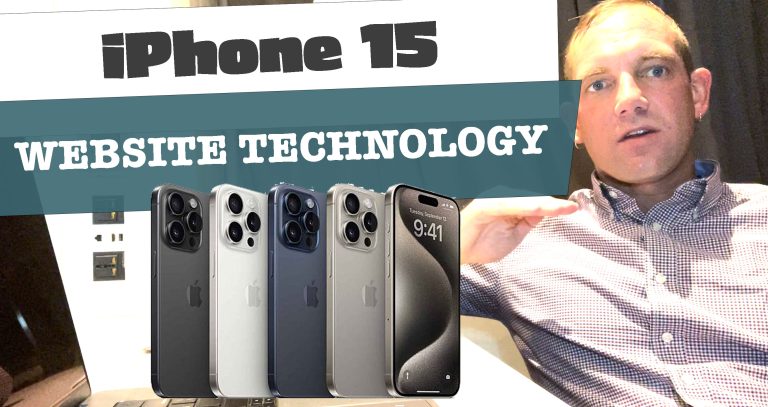
Facebook’s introduction of voice messages through its Messenger app presages a major shift in how the world communicates. Voice messaging is available through other web services such as Vonage, Skype or Apple Face Time. However, the shear global number of Facebook fans makes the social network giant the primary contender for becoming the predominant voice messaging service globally. The implications of that scenario has far reaching implications in the Temcom industry. This is great news for consumers who have more options in how they chose to send and receive communications. Facebook now joins email, free messaging services and smart phones as messaging vehicles from which to choose.
The ramifications of so many consumer options bodes badly for the traditional players such as landlines providers. This should be no surprise to anyone as we’ve witnessed the evolution of communications devices over the past several years. Thanks largely to internet technology, a number of messaging apps allow tech consumers to connect via voice, text and video in real time. Consider the last time you actually had to dial a phone number. Many of us no longer bother with memorizing our own phone numbers, which are slowly slipping into obsolesce. Apple has stopped using phone numbers and switched to ID’s (UDID’s).
For consumers, the new trend offers seamless, user-friendly communication over multiple platforms. For carriers, the challenge will be how to monetize their services. The impact on marketers will be significant. Now there are more options in addition to online display, social media marketing, apps and email along with mobile messaging. Certainly, the more methods marketers can employ to target audiences, the better. A target audience can be reached through a combination of cross-platforms utilizing conduits such as Facebook voice messaging app to deliver its message. Facebook is giving a new paradigm as ways to reach out and touch someone.





















